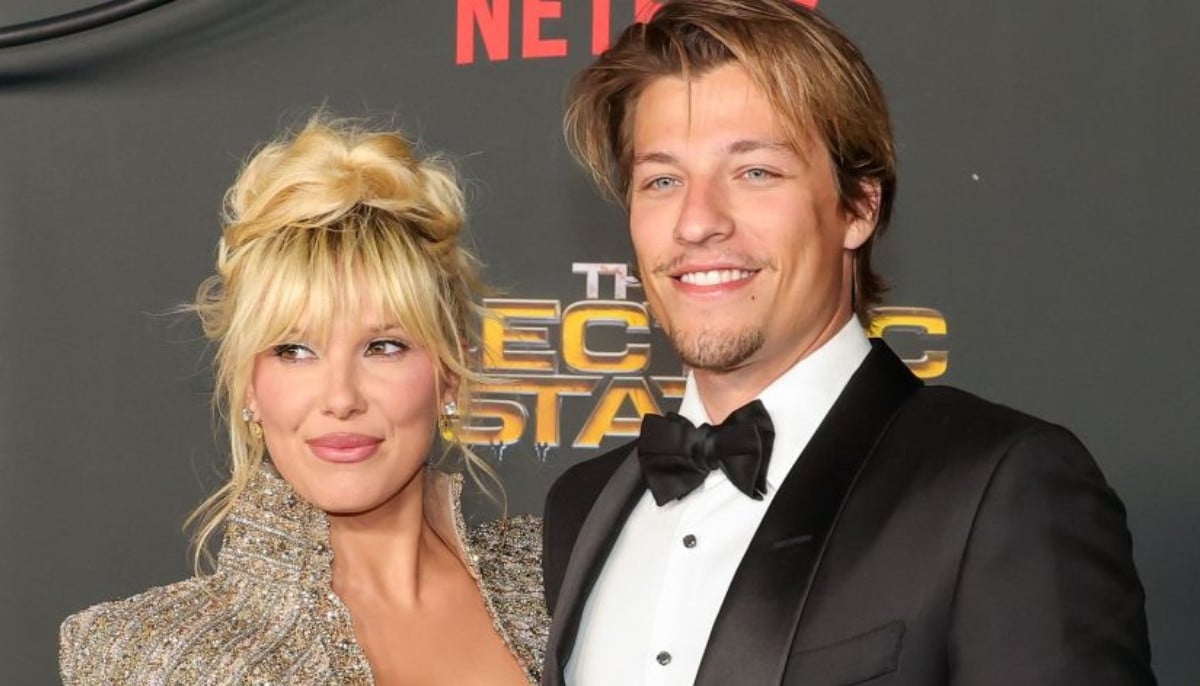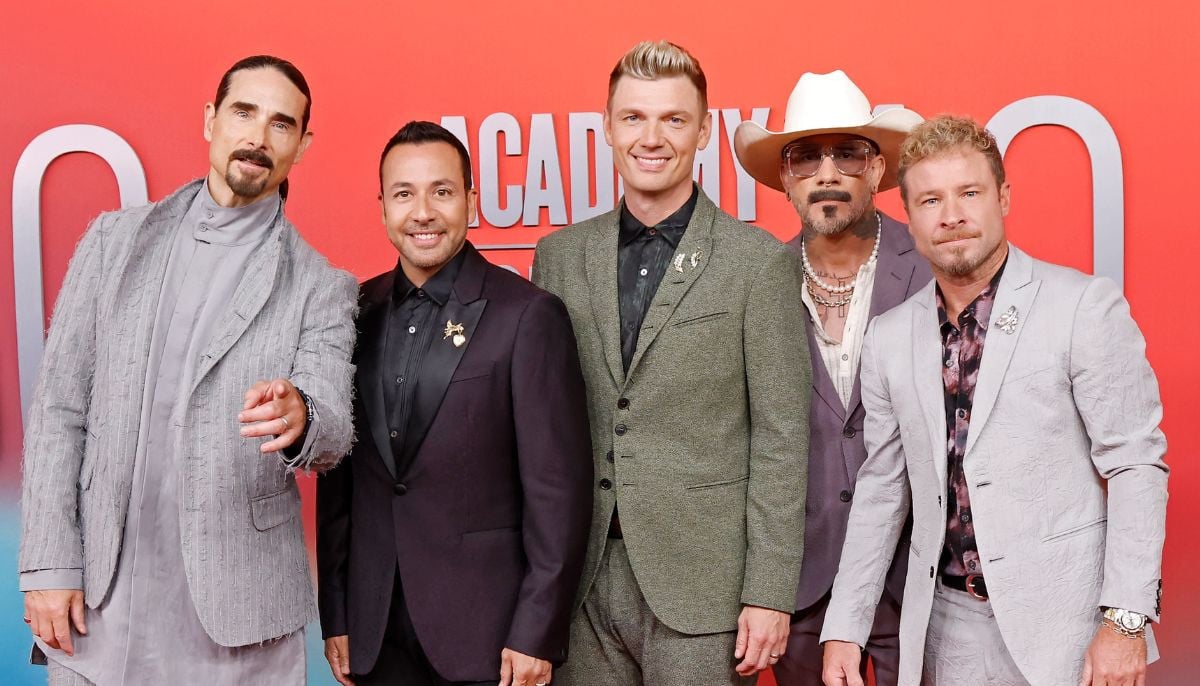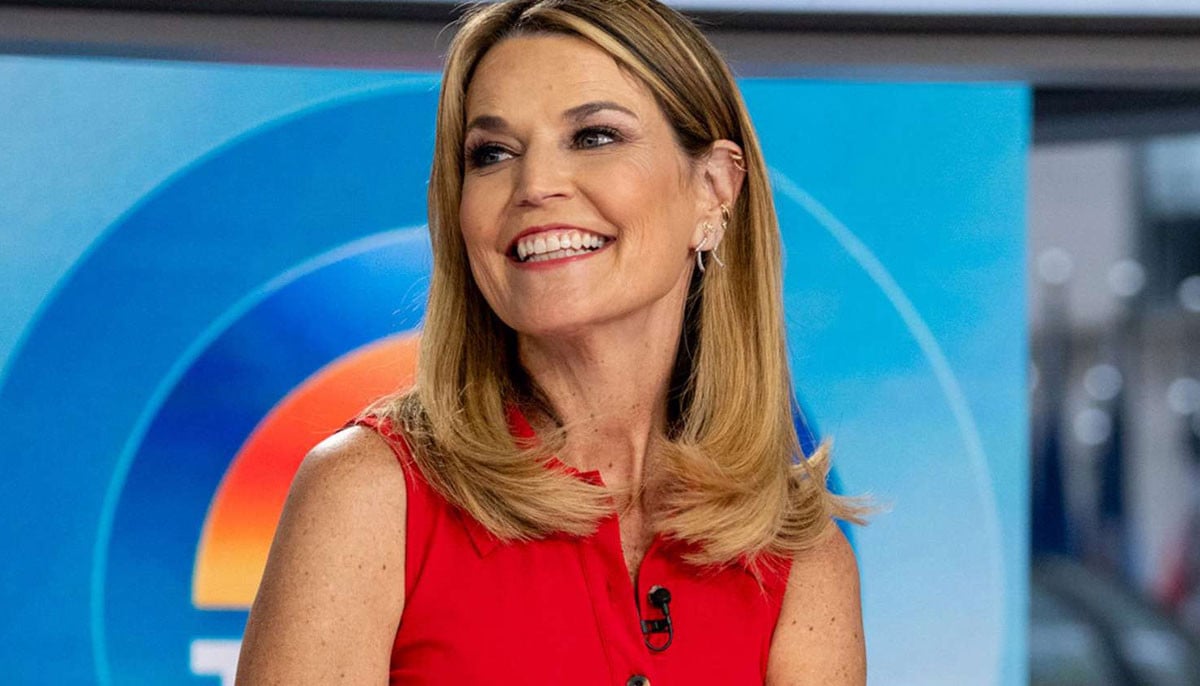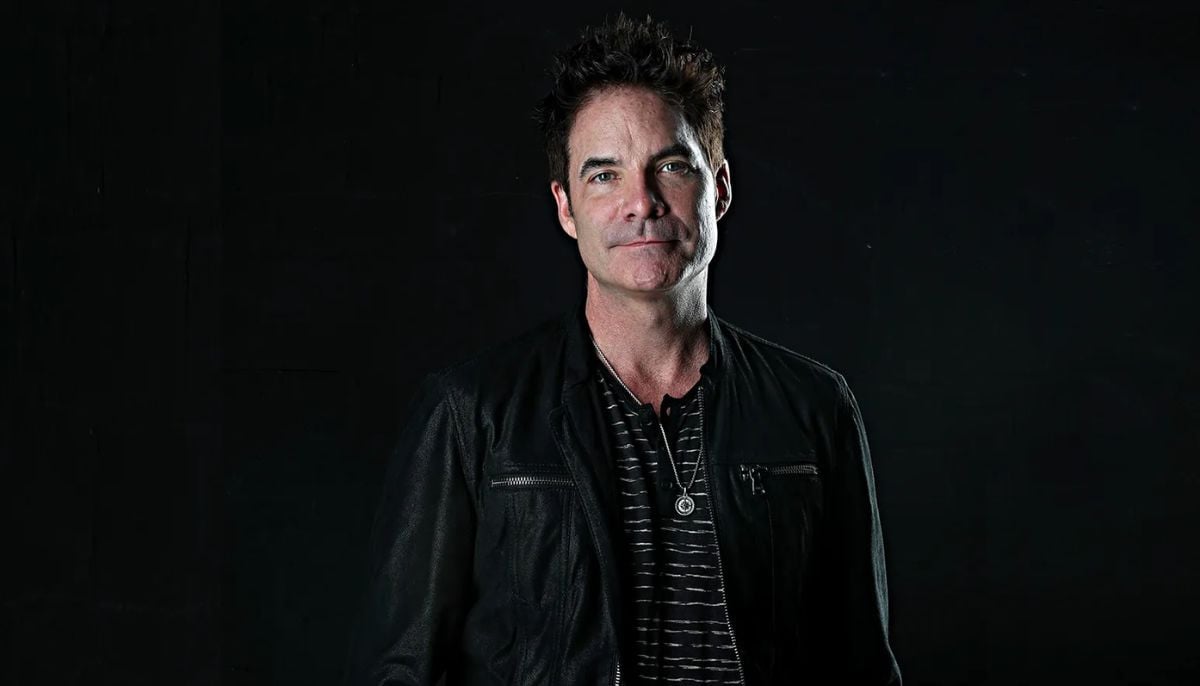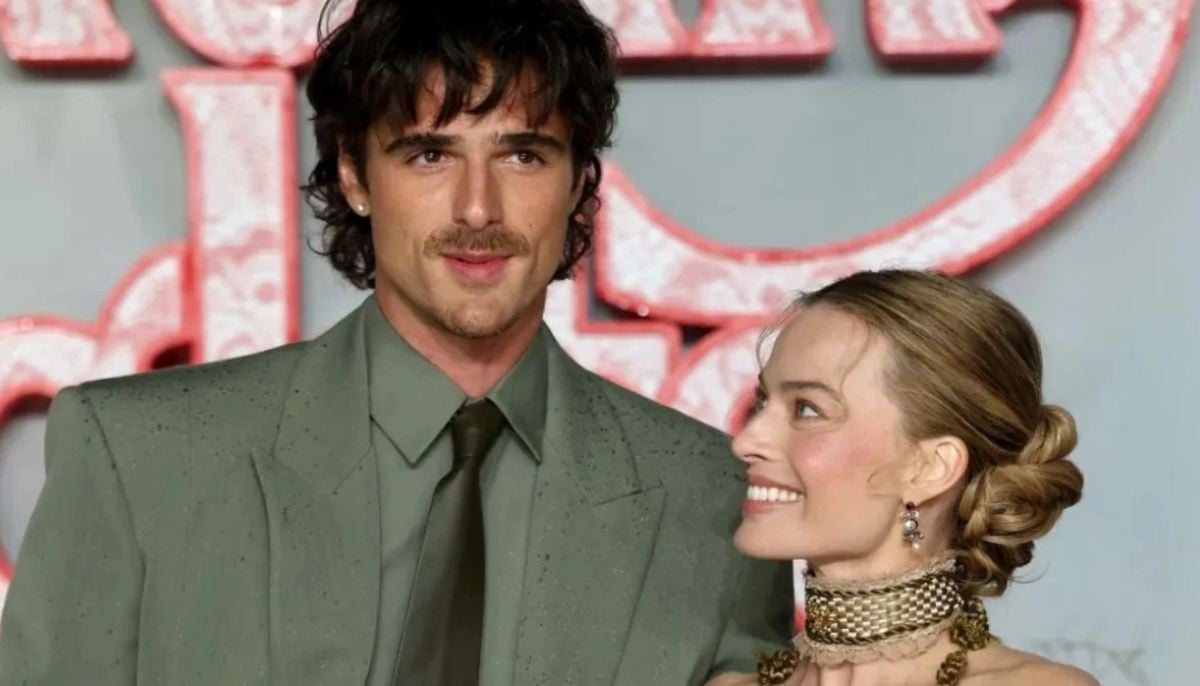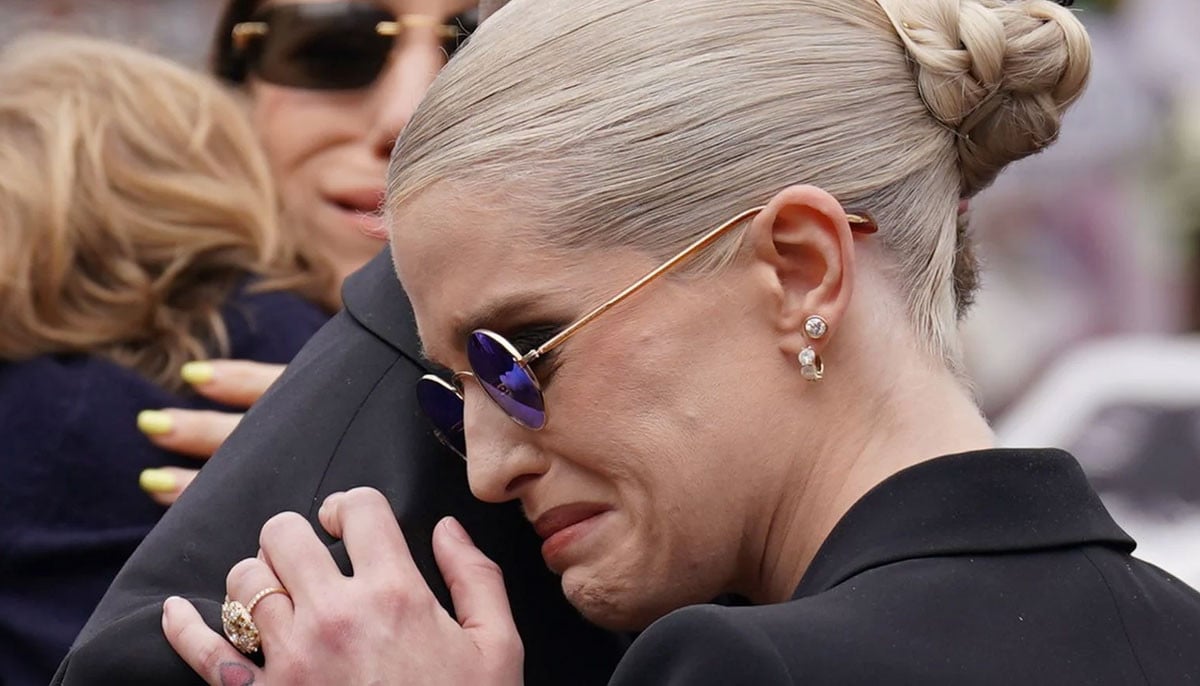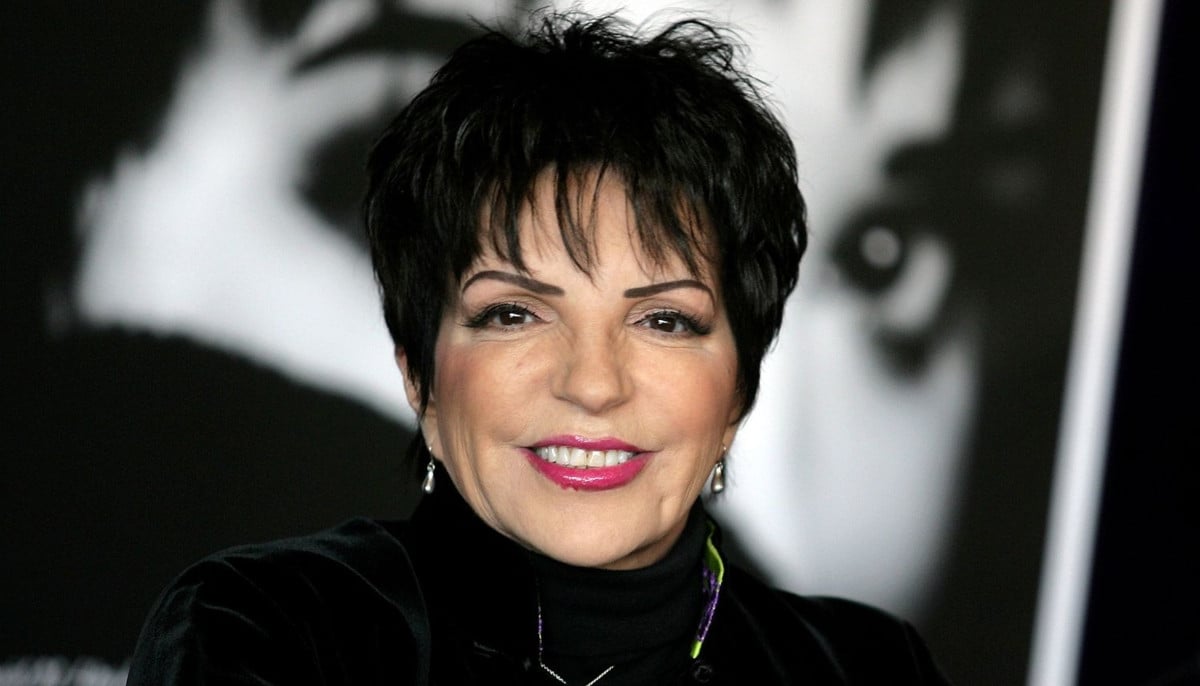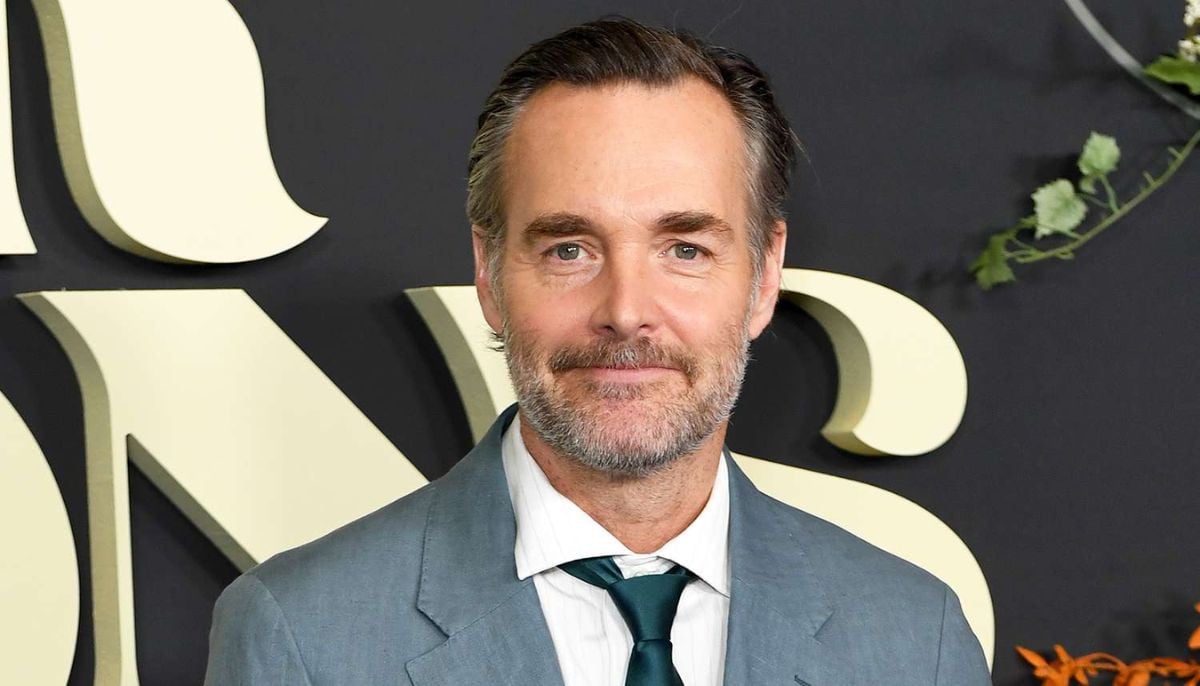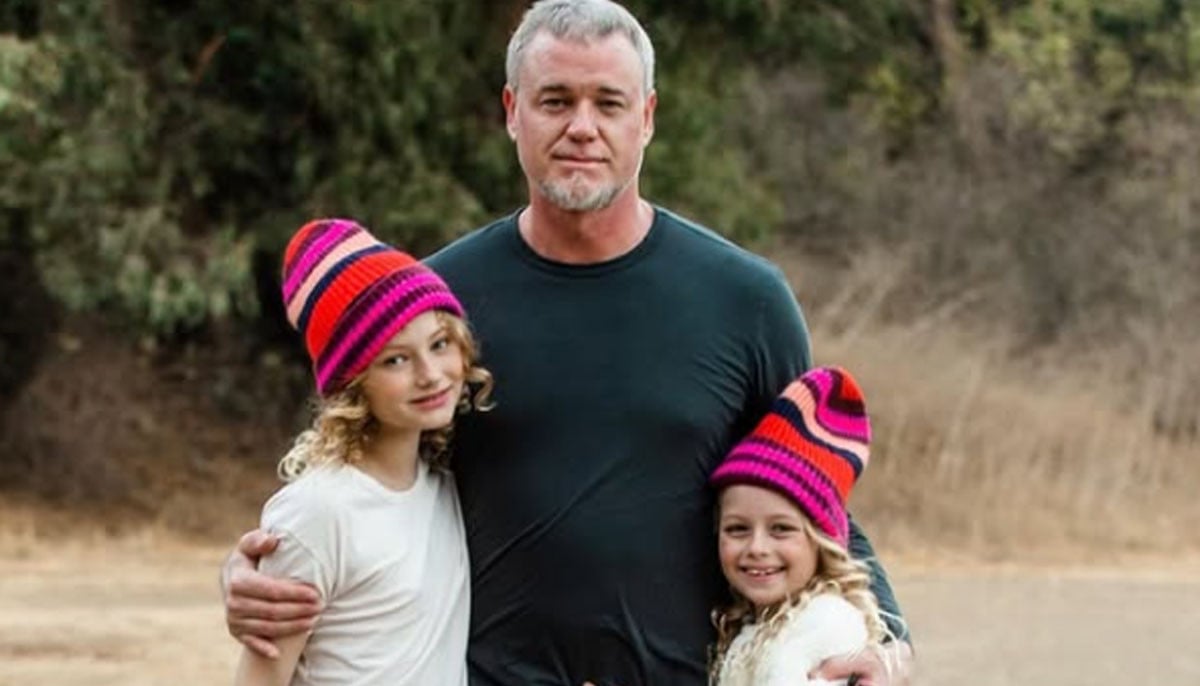Indian film critic praises Mahira as 'inspirational' in open letter
Acclaimed Indian film critic and journalist, Subhash K. Jha has expressed his appreciation for Pakistan’s leading lady Mahira Khan in an open letter, where he touches the subjects of the ban on Pakistani artists in Bollywood and his admiration for Mahira Khan’s composure following her interview with BBC’s HARDtalk. He also looks forward to the day when Pakistani talent is welcomed again in India.
“It’s so delightful to see Mahira Khan and the very gifted director (also my erstwhile friend), Shoaib Mansoor, create a powerful statement against sexual violence and power-misappropriation in the film Verna.
I say ‘erstwhile friend’ because Shoaib sahab was very gracious and cordial to begin with when I praised him for his stunning debut, Khuda Ke Liye.
Later, he cooled off when things warmed up at the border. I could sense his growing lack of warmth, prompted no doubt, by the growing hostility between the two countries.
I don’t blame him. We all need to respect the sovereignty of our country. Art comes later. Which is why Mahira could not enjoy Indian hospitality when her Bollywood film Raees released last year. It was sad. And when we spoke on the phone, she had expressed her sadness to me.
Mahira said, “No other actor here in Pakistan has got an opportunity like this. And it fell in my lap, due to whatever hard work that I may have done earlier. I didn’t have to look for it. I feel blessed.”
She continues, “But at the same time, I feel like that marathon runner who during the last lap – just before the finishing line – is made to drop out of the race. There was this feeling when it happened, ‘Oh Man, not right now. Not just before the release!’”
And now I see Mahira doing an interview with BBC, poised and articulate, negotiating tricky questions on the violation of human rights in Pakistan, where she said Bollywood was never her priority.
I remember Mahira told me with such warmth about her fascination with Bollywood from her childhood, and especially the cinema of Guru Dutt, and how, as a child, she would wait every Thursday for that Bollywood film which she was treated to by her parents. How could Bollywood not be Mahira’s priority, when Pakistan, with due respect, has so little of cinema culture, besides, of course, Shoaib Mansoor. And how many films can he make?
Mahira needs Bollywood. And we appreciate and understand her need to be a part of the Indian entertainment industry. But now is not the time. ........
Mahira may well say, what’s the political situation got to do with her? And in a way she is right. The minds and manoeuvres of politicians are beyond our understanding. But still, as I said, we have to consider the acute crisis and the political sensitivities. Art seems trivial when weighed against the loss of human lives at the border.
So we will wait to keep that promise we had made when we spoke after Raees and Mahira had said, “We were all like one big family during the making Raees. And I just felt happy connecting with them long-distance. I know we’ll celebrate whenever I am able to visit again.”
We’ll wait for that dawn which Mahira’s favourite Indian poet-lyricist Sahir Ladhianvi spoke about in that famous song, Woh subah kabhi toh aayegi. In kaali sadiyo ke sar se, jab raat kaa aanchal dhalakega, jab dukh ke baadal pighalenge, jab sukh ka sagar chhalkega, jab ambar jhoom ke naachega, jab dharti nagme gaaegi… Woh subah kabhi toh aayegi.
Mahira had said to me, “I do only one film at a time. My first priority is my child. So it’s a lot of hard work. But it can be done. It’s all about choices. Many times I have to let go of good work.”
She added, “Fortunately, the work I’ve done has worked for me. Yes, I am an anomaly in my country. I hope in the coming years there will be more women like me.”
I wait for the dawn when the sound of the morning birds are not shattered by the din of blazing guns and when actors like Mahira and Fawad Khan can just walk into India without having to wait for visas.
We all wait for that dawn when Mahira can walk through the green channel at the Mumbai airport, her head held high. Being a single mother, the grace with which Mahira conducts her life is inspirational to women on both sides of the border.”
-
'Determined' Savannah Guthrie plans to honour her mother Nancy with major move: 'It's going to be emotional'
-
Train's Pat Monahan blows the lid on 'emotional' tale attached to hit song 'Drops of Jupiter'
-
Jacob Elordi talks about filming steamy scenes with Margot Robbie in 'Wuthering Heights'
-
'Grief is cruel': Kelly Osbourne offers glimpse into hidden pain over rockstar father Ozzy death
-
Timothée Chalamet reveals rare impact of not attending acting school on career
-
Liza Minnelli gets candid about her struggles with substance abuse post death of mum Judy Garland
-
'Saturday Night Live' star Will Forte reveals how he feels about returning to the show after 2010 exit
-
Eric Dane's family shares heartbreaking statement after his death

